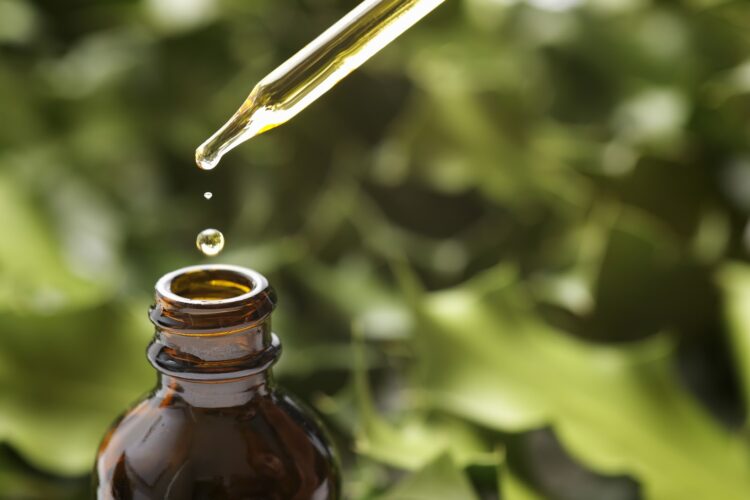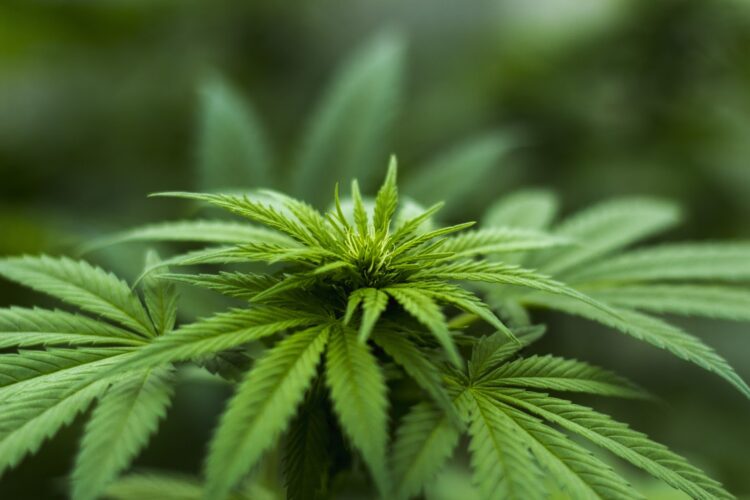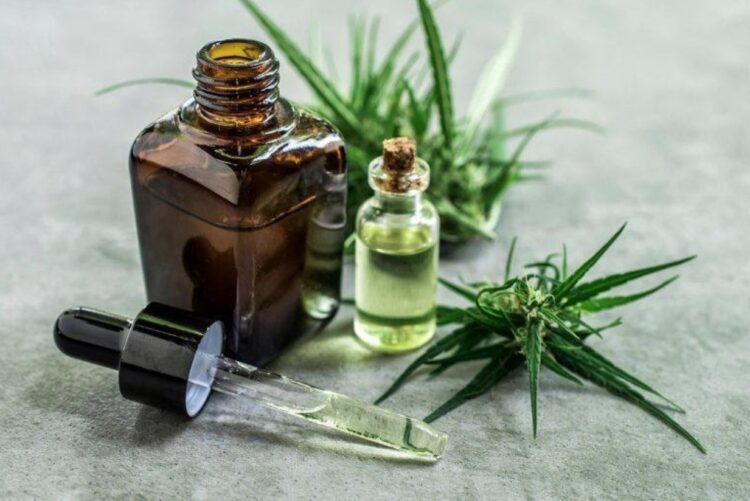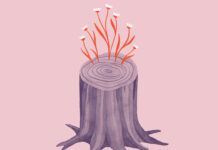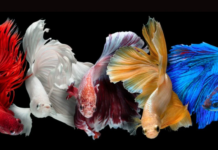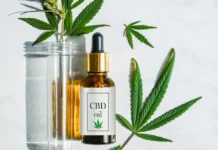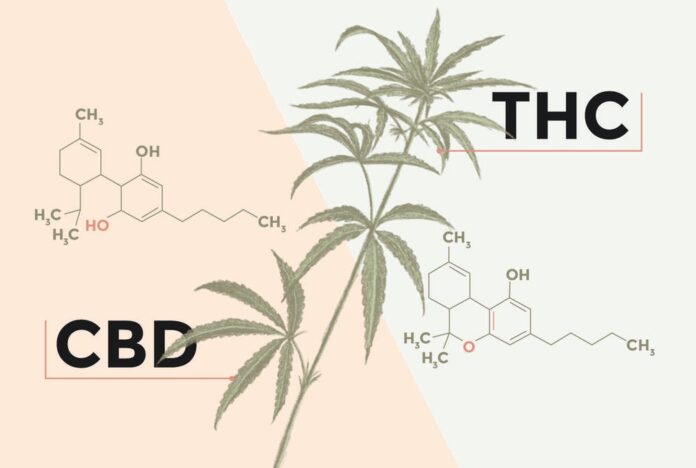
While the number of legal users of marijuana grows, the active substances of these plants are becoming increasingly impressive. These include prominent cannabidiol (CBD) and tetrahydrocannabinol (THC) – two natural components that have been found in plants from the genus Cannabis sativa.
CBD is primarily found in hemp extract. It is sold as gels, oils, extracts, additives and more. While THC is the primary psychoactive component in marijuana. It is also available in the form of oils, capsules, infusions and can even be found in food, but most often it enters the body when smoking marijuana. These two components interact with your body, but they have dissimilar effects. Before we explain the main differences between CBD and THC, let us take you on a history detour to first understand where the terms CBD and THC come from.
Cannabis and the early times
A report that was published in 2019 by Michelle Z. Donahue announced the finding of traces of high grade “pot” in 2,500-year-old artifacts. The artifacts were probably buried by people who resided along the Silk Road in the Chinese state. This is proof that the use of cannabis is not a recent phenomenon.
Why was it banned?
Unfortunately, cannabis was eventually banned beginning in Arabia in the 1300s. More countries joined the crusade in the 1800s. During that era, legislators argued that cannabis was addictive. Religious views tied with Islamic principles led to the ban of cannabis as its intoxicating qualities were prohibited from the simplistic religion.
Other factors that contributed to the ban were racism and countercultures against some ethnic groups within the societies. Concerning medicinal use, CBD was deemed unsafe because of its ability to intoxicate people.
Early developments
An Irish scientist by the name of William B. O’Shaughnessy made a publication on the science of cannabis in 1839, thus mobilizing researchers to want to investigate this substance. However, the developments that created a more substantial impact in cannabis history occurred in the mid-1900s.
In 1942, an American researcher called Roger Adams discovered Cannabidiol. His work also facilitated the discovery of Tetrahydrocannabinol, also abbreviated as THC. In 1963, Dr. Raphael Mechoulam, who works at Hebrew University in Jerusalem, revealed the various effects of cannabis compounds. He disclosed THC as the organic substance that gives cannabis its euphoric and “stoning” effects.
Once there was a clear understanding of CBD and THC compounds and the effects they cause, it was not long before the researchers started to isolate CBD and THC from the cannabis plants to have a more in-depth understanding of how they both work. In a nutshell, both compounds are psychoactive, the same as caffeine is. However, CBD does not cause intoxication, whereas THC does. But let us explain it in more detail.
The Difference In The Effect Of CBD & THC
Since CBD is not an intoxicating substance, getting “high” off it will not work, but it can easily increase productivity, relieve anxiety, and relieve pain. With cannabidiol, thoughts are not bewildered, memory does not worsen, and as a result of muscle relaxation, you do not become a “vegetable”, as is often the case with smoking THC-dominated cannabis.
If the correlation of these substances is approximately the same, then you are waiting for a slight euphoric and the above mentioned beneficial effects at the same time. However, there are no such adverse effects as paranoia, dry mouth, dry and red eyes, hunger, sleepiness, and short-term memory problems that are often caused by high concentrations of THC. For more information and the best prices of CBD products please visit here.
THC is therefore used to treat pain, nausea, sleep apnea, or stress disorders, as well as the symptoms and side effects of chemotherapy, multiple sclerosis, glaucoma, AIDS, or spinal cord injury, but most commonly with CBD. Unlike THC, CBD can be used to treat inflammation, stress, depression, and anxiety as well as to fight cancer, epilepsy, schizophrenia, multiple sclerosis, migraine, arthritis, and side effects of cancer treatment.
Psychoactive Effects
As for psychoactive effects, the actual ingredients are CB1 receptors, which are mainly concentrated in the central nervous system and brain. The differences between THC and CBD are fundamental in how they interact individually with a cannabinoid or CB1 receptor. THC has been shown to have a better binding effect on CB1 receptors than CBD. When it comes to CBD effects, it is proven to indirectly interact with these receptors to provide benefits.
Agonistic Effects
You can equate it with an electric socket that plugs into your device. The THC molecule is perfectly formed to connect to CB1 receptors. When it is connected, it is stimulated or activated by CB1 receptors. THC is the agonist of CB1 receptors that work to enable them. It stimulates a neurotransmitter created in part and naturally called a happiness molecule or anandamide. This anandamide is classified as an endocannabinoid (a natural cannabinoid in the human body) and has active properties to CB1 receptors.
CBD, however, is classified as an antagonist, meaning that it is not a direct activator or suppressor. Instead, it removes the properties of cannabinoids. In other words, THC and CBD result in direct stimulation of receptors when they enter the body. In this case, CBD transforms THC, which reduces its usual psychoactive results. Simply put, CBD can significantly lessen the effects of THC. It is especially true for (suspected) adverse effects of THC, which may include short-term memory and anxiety.
Therapeutic Effect
When comparing THC with CBD, it is clear that the two connections are very different. They produce different effects, although both of them interact with receptors in the body. Tetrahydrocannabinol is a psychoactive compound, while cannabidiol does not affect the mind to the same extent.
THC & CBD Synergy
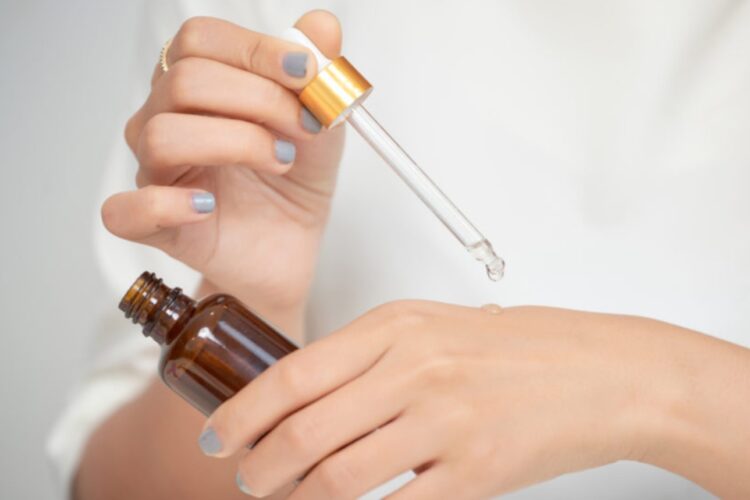
If you have had to use a spray with a cannabis flower that contains more than 20% THC and the herb contains 0.2% CBD, THC will activate your CB1 receptors, but in this case, a small number of CBD, will not interfere with THC. You will have unpleasant consequences if you are looking for adequate therapy. If you increase your CBD and use the same percentage of THC, the combination will be very therapeutic. CBD and THC work together to achieve the optimal effect.

